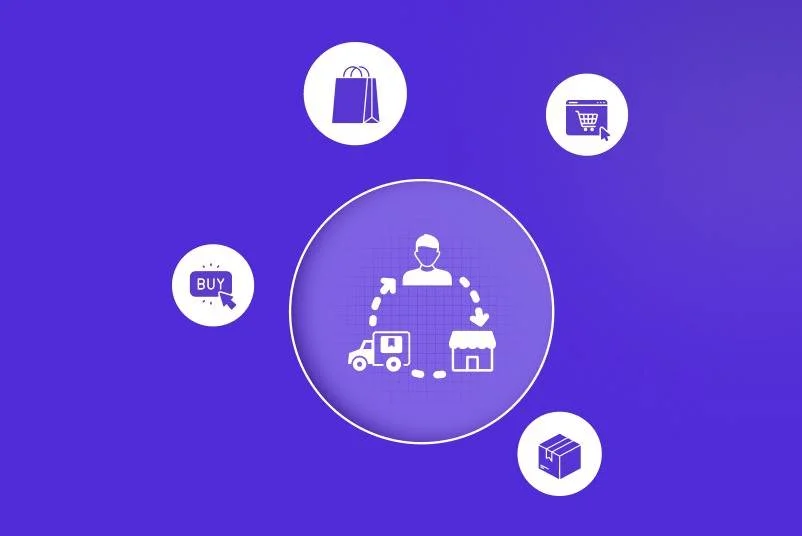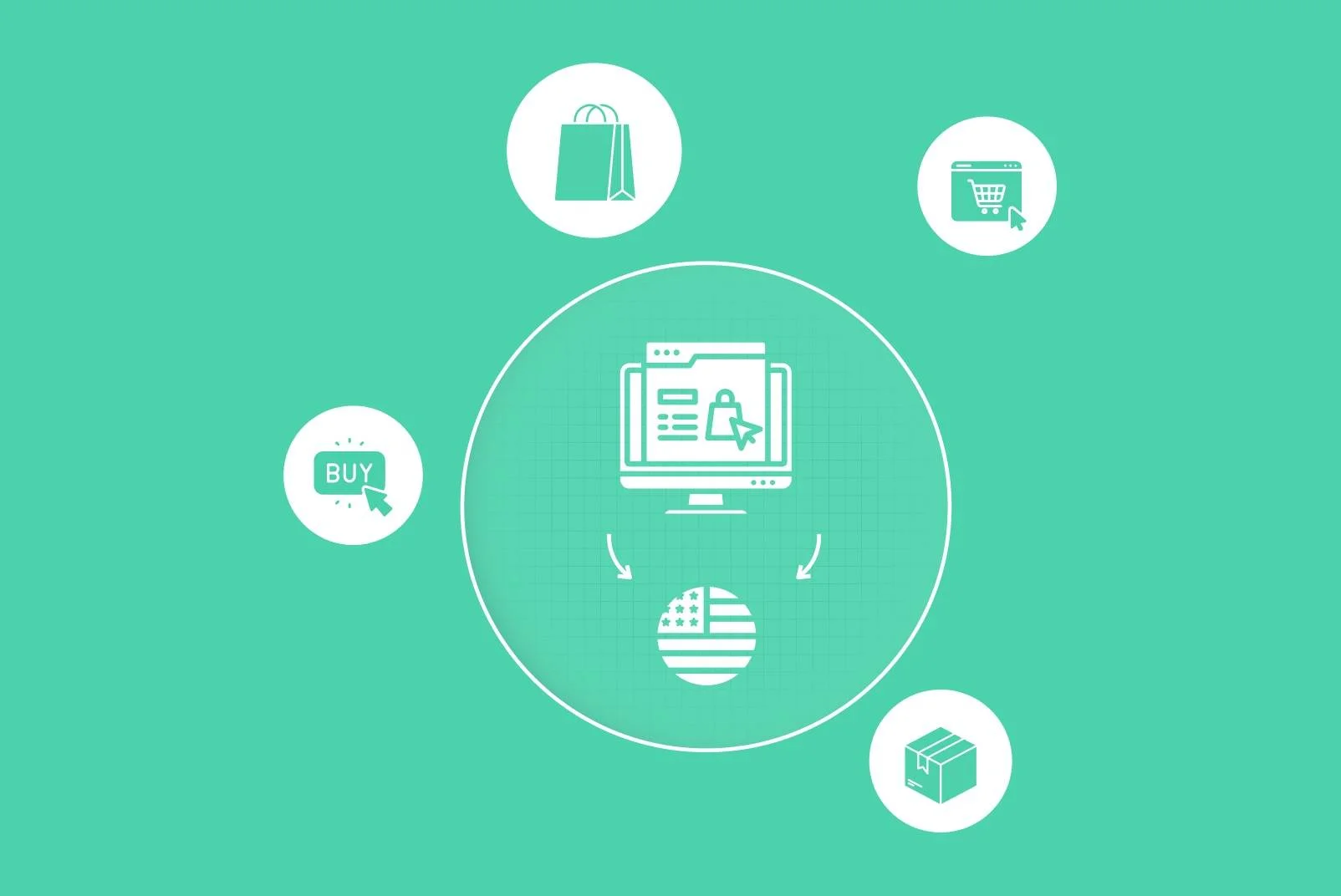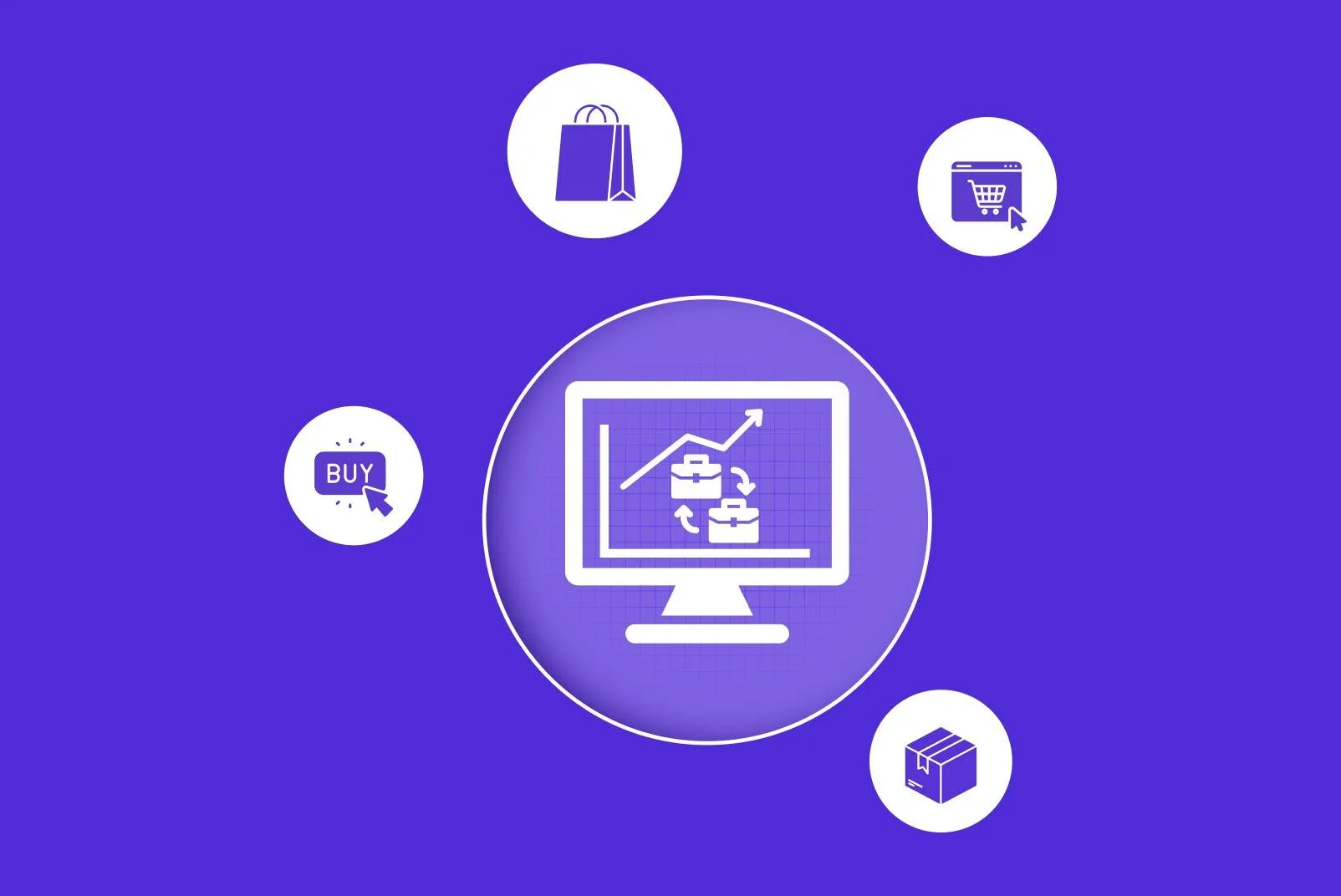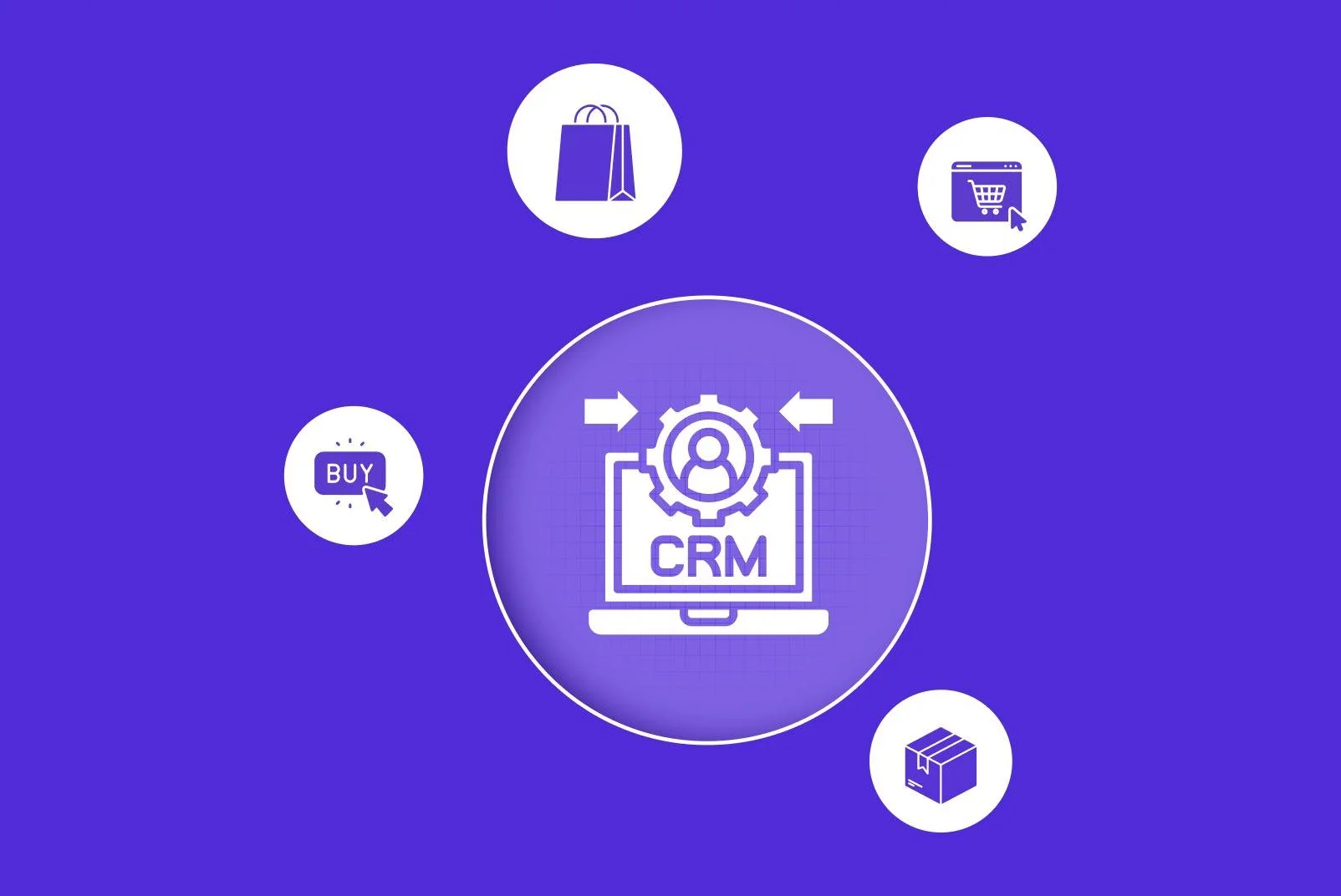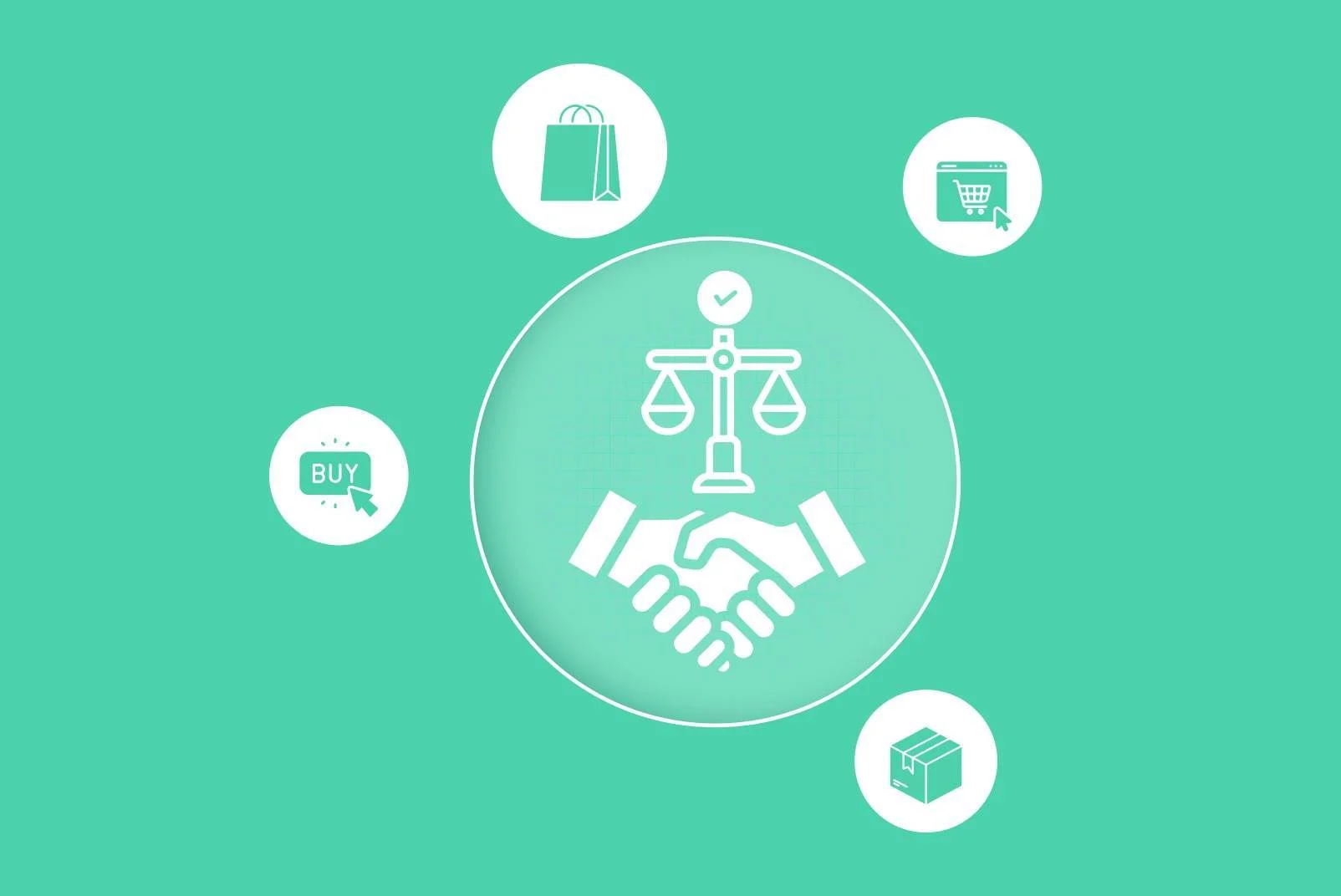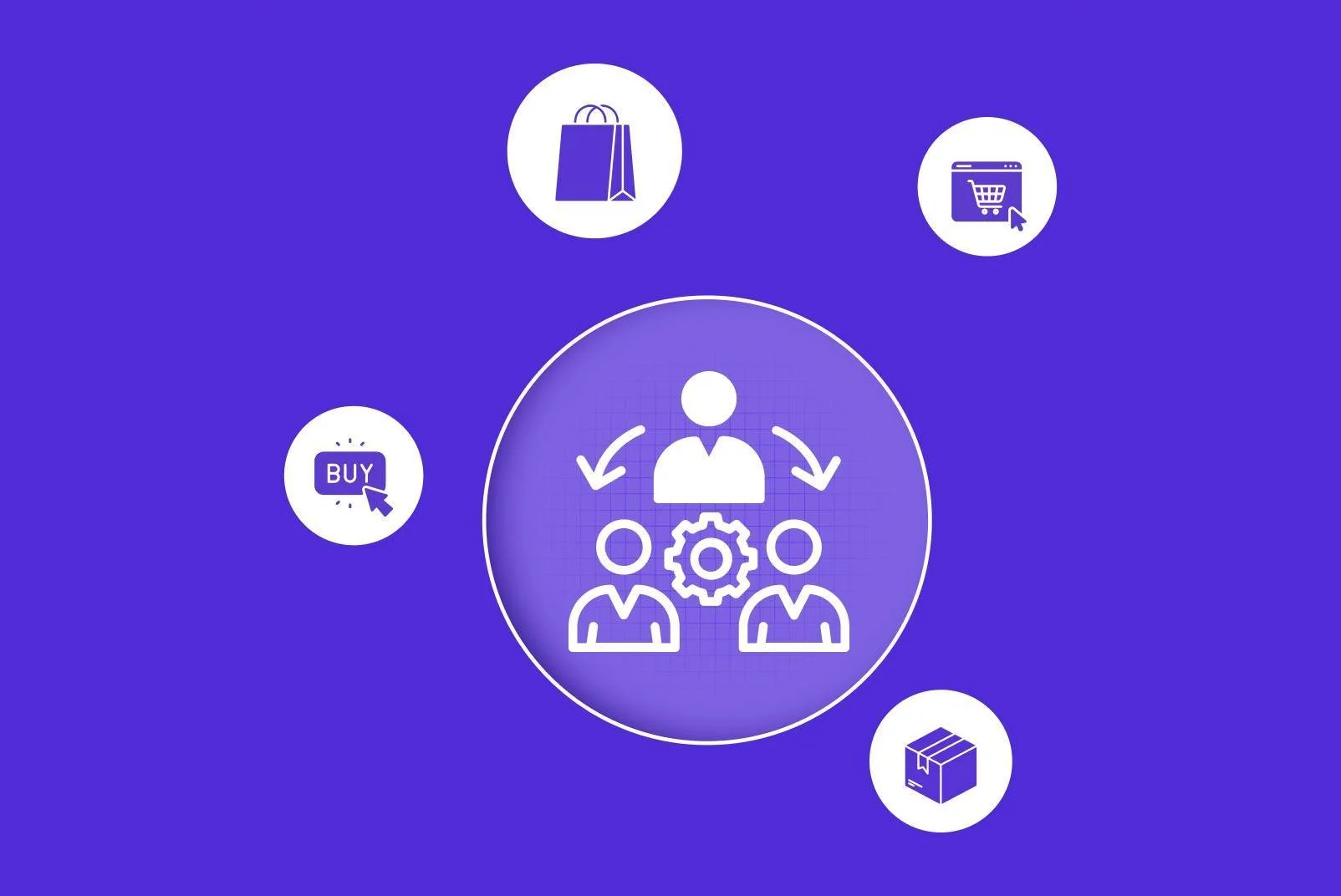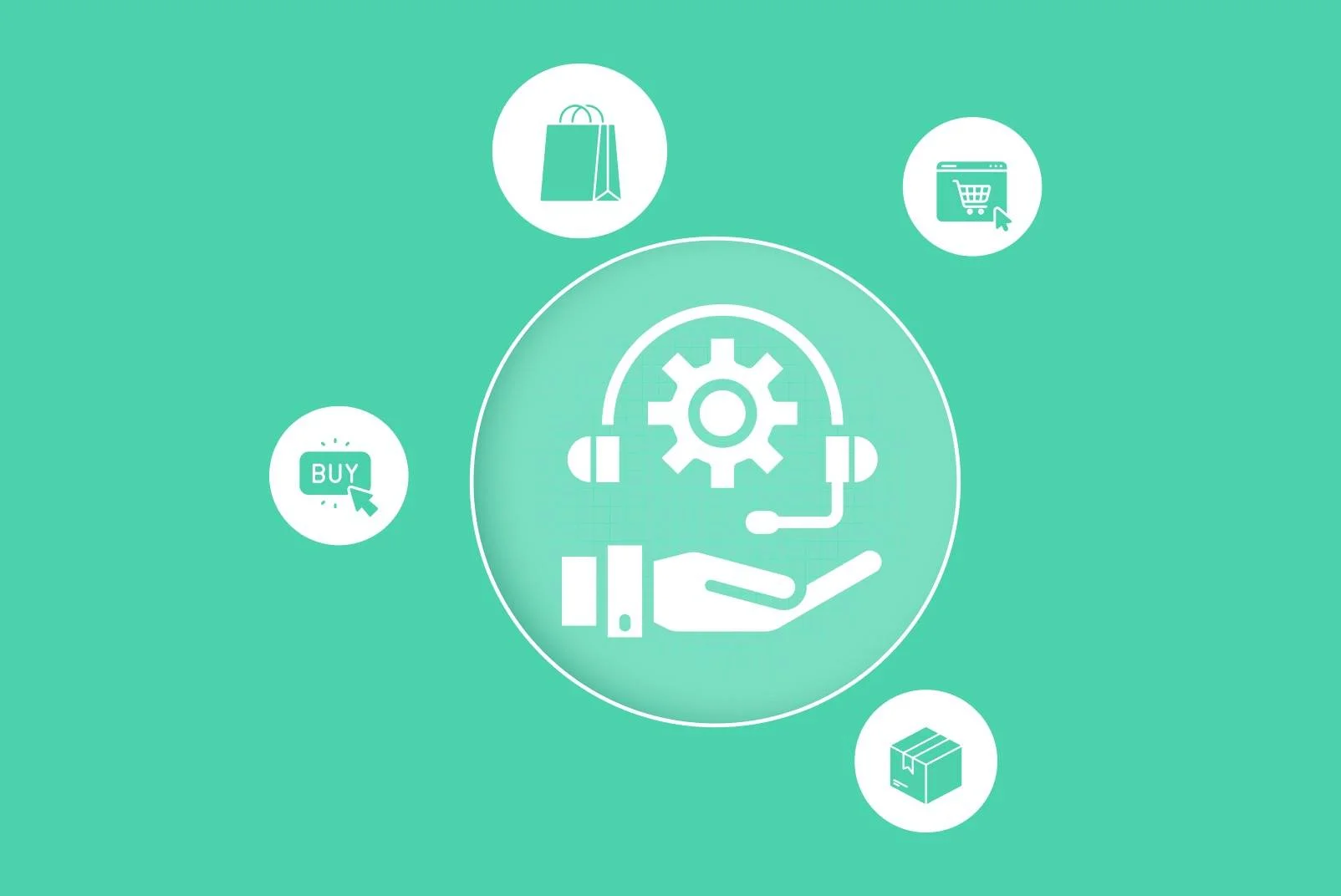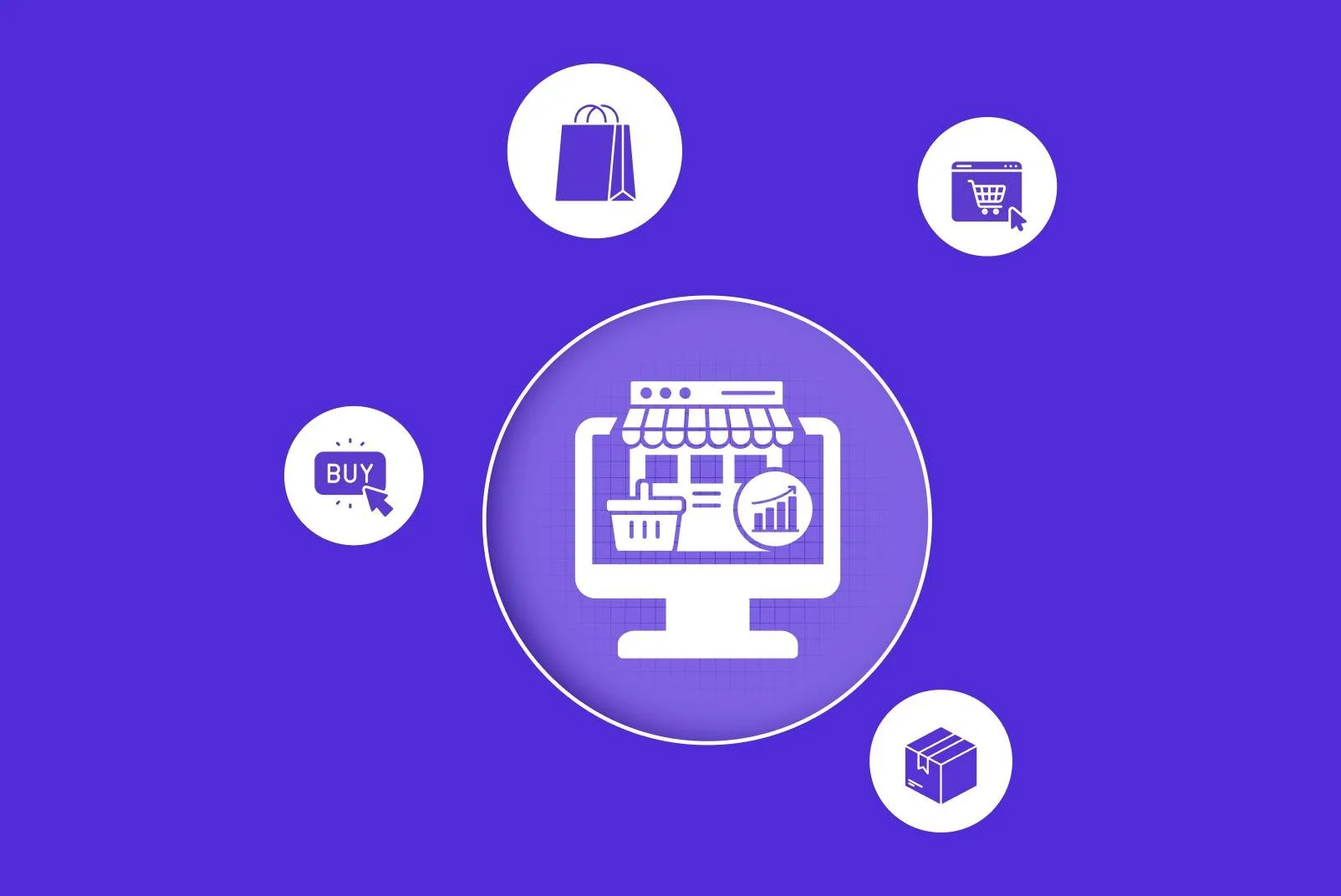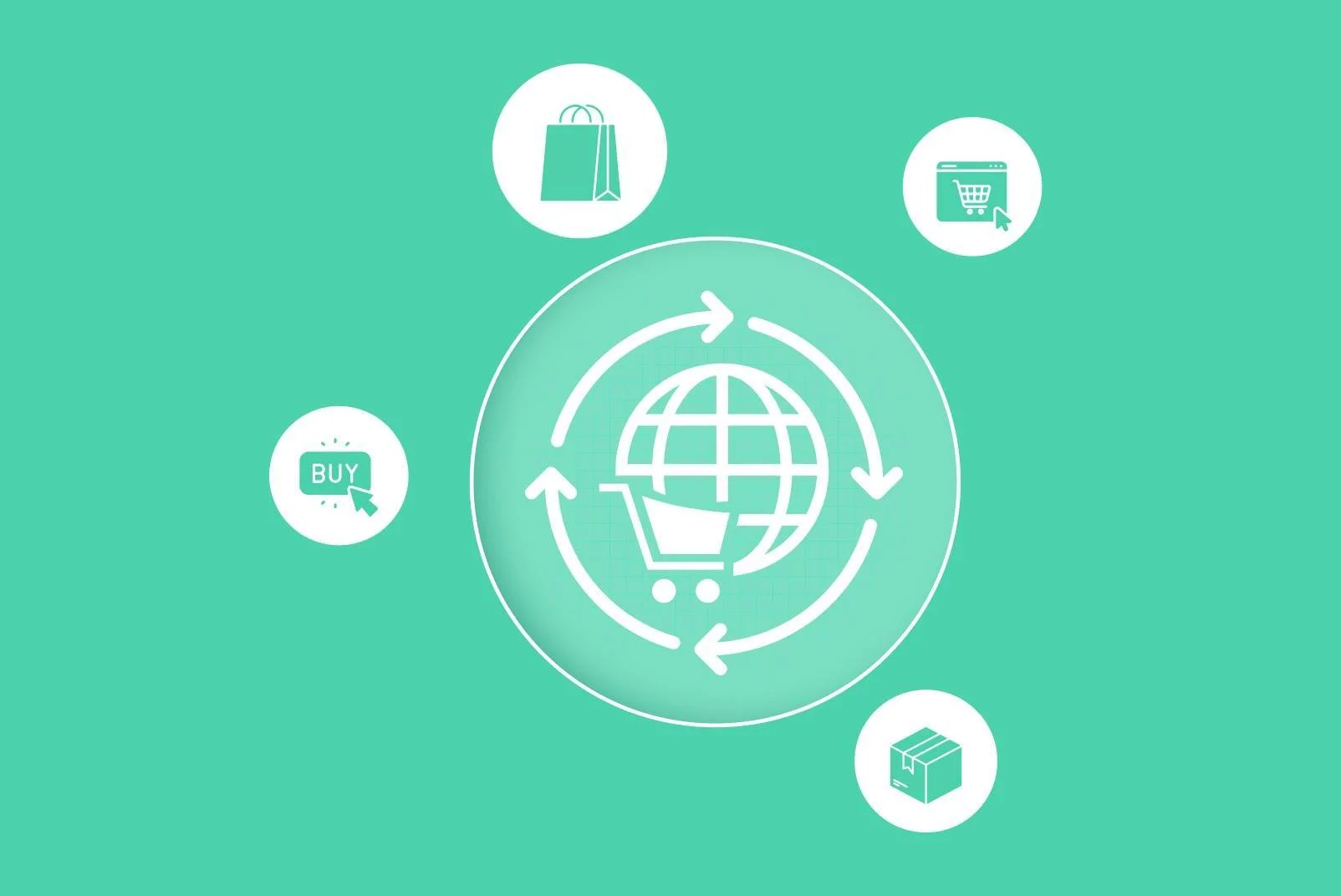How Indian Artisans Are Leveraging eCommerce for Global Exposure
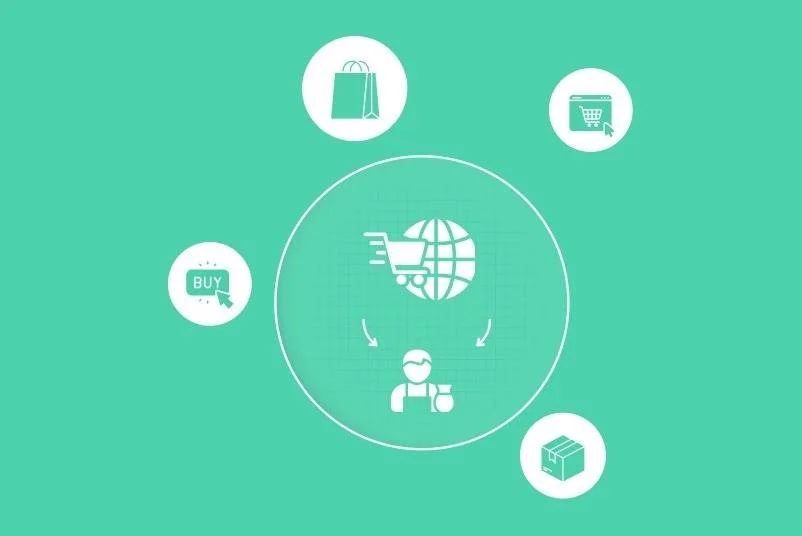
India, a country with a tapestry of cultures, has always been renowned for its intricate craftsmanship. Historically, the artisanal creations of this nation have been restricted to local markets or exclusive showrooms. But with the dawn of the digital era, these master craftsmen have found a new avenue—eCommerce. eccofi, as a leading consultant in the realm of digital commerce, has keenly observed this transformative journey, offering insight into the phenomenon.
1. Digital Storefronts:
Artisans are no longer reliant on middlemen. With platforms like Etsy, Amazon Handmade, and dedicated local portals, they can showcase their products directly to the world. A digital store gives them autonomy over pricing, display, and storytelling—enhancing their brand identity.
2. Collaboration with Brands:
Prominent fashion and décor brands are collaborating with local artisans. These partnerships not only bring authentic products to consumers but also spotlight the traditional techniques behind them, giving artisans deserved recognition.
3. Social Media as a Showcase:
Platforms like Instagram and Pinterest have become virtual galleries for artisans. Detailed photo stories, videos of the creation process, and customer testimonials engage a global audience and drive sales.
4. Empowerment through Training:
Organizations and NGOs are helping artisans become eCommerce-ready. From photography workshops to digital marketing sessions, these craftsmen are equipped with skills to navigate the online marketplace successfully.
5. Global Festivals & Virtual Exhibitions:
Many global festivals now have virtual editions, inviting artisans to showcase their creations. It's a chance to tap into elite clientele and receive real-time feedback, adapting to international tastes.
Conclusion
The synergy between traditional Indian craftsmanship and modern eCommerce avenues is a testament to India's adaptive spirit. With the expert guidance of firms like eccofi, artisans not only find a broader platform but also evolve with changing consumer dynamics.
